Introducing Nine New Design Fellows
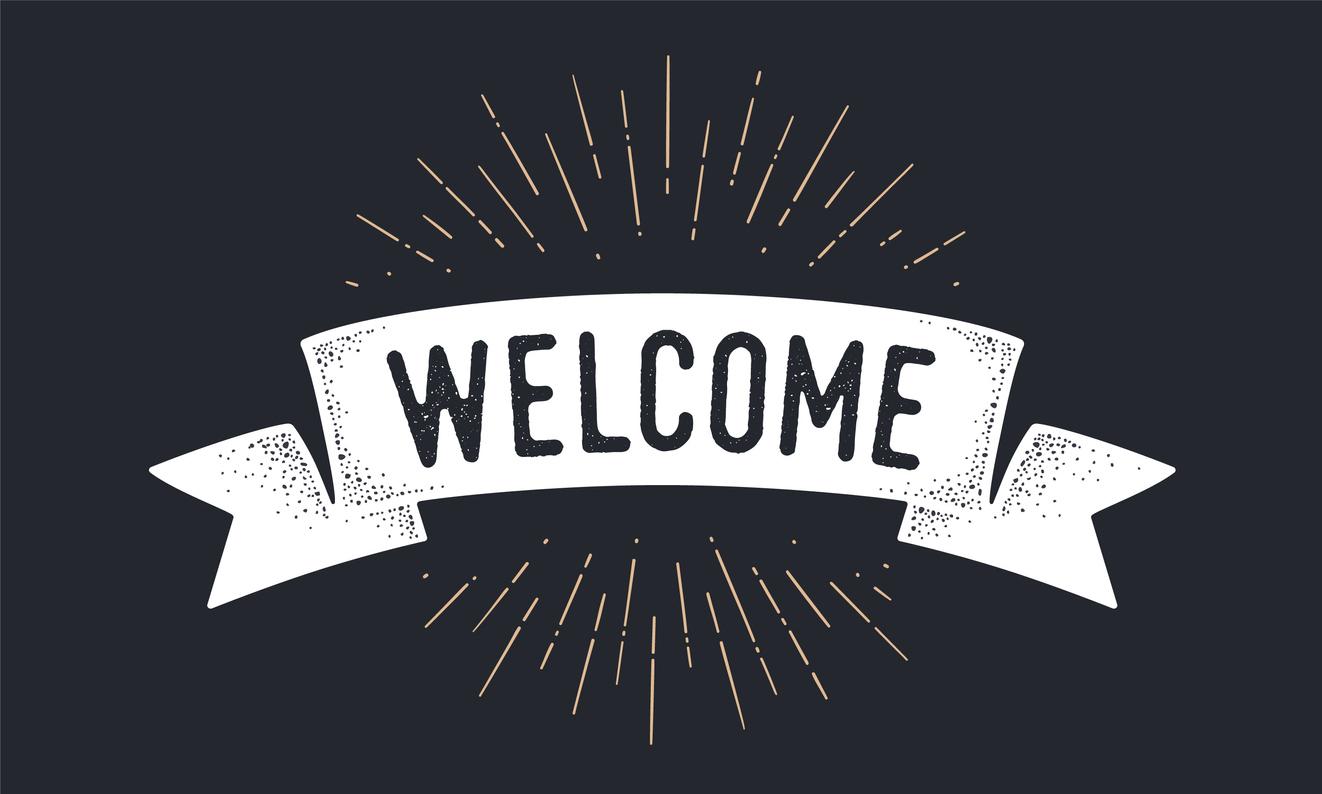
We are excited to announce our fourth cohort of design fellows who will kick off their fellowships this month. This year’s nine fellows come from the Doerr School of Sustainability, the Graduate School of Education, the School of Engineering, the School of Humanities and Sciences, and the School of Medicine.
The Stanford Impact Labs Design Fellowship is a year-long program that supports Stanford faculty who are dedicated to applying their research skills to tackle a particular social problem. Fellows take part in monthly cohort workshops, and receive one-on-one support from Stanford Impact Labs staff as well as a $50,000 grant. The aim is to help fellows deepen their understanding of the social problem; identify external organizations working on the issue and how their research expertise could help; and start to develop mutually beneficial partnerships to design, test, and scale solutions.
This year’s fellows are working on a wide range of important social issues, from climate disaster mitigation and voter turnout, to suicide prevention and stroke recovery.
The fellowship reflects the core ethos of Stanford Impact Labs: that research can lead to real-world impact when it is used in partnership with policy makers, practitioners and community organizations who are already working closely on the issue at hand. From the onset of the fellowship, scholars engage with external stakeholders to understand the landscape of approaches, identify the role of research, and co-create potential solutions. The fellowship culminates with each fellow presenting to a panel of non-academic experts in the field, where feedback and suggestions for how to take their vision forward are sought.
Conducting partnership and impact-oriented work within a university context comes with its own challenges, and throughout the fellowship, Stanford Impact Labs staff are on hand to provide technical guidance on project and partnership design. The team also helps fellows think about designing, building, and managing a team of scholars and expert staff, how to fundraise, and what it takes to navigate campus administration. At the end of the fellowship, faculty leave with a clearer project plan for addressing their social problem, as well as a set of tools and frameworks for success in partnership — and impact-oriented work.
Please join me in welcoming our 2022-2023 design fellows!
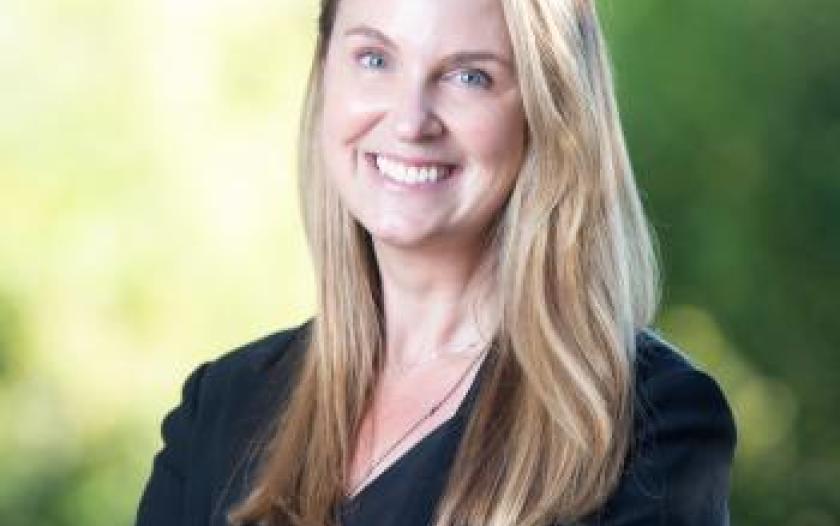
Nicole Ardoin
Social Sciences Division, Stanford Doerr School of Sustainability
Conservation & biodiversity loss
Many conservation organizations have traditionally focused on individual behavior change to promote conservation and tackle biodiversity loss. However, individual action may not be the most effective path to shifting conservation practices over time. Professor Ardoin plans to work with partners to leverage collective action as a means to address today’s most pressing and growing issues around climate change and biodiversity loss.
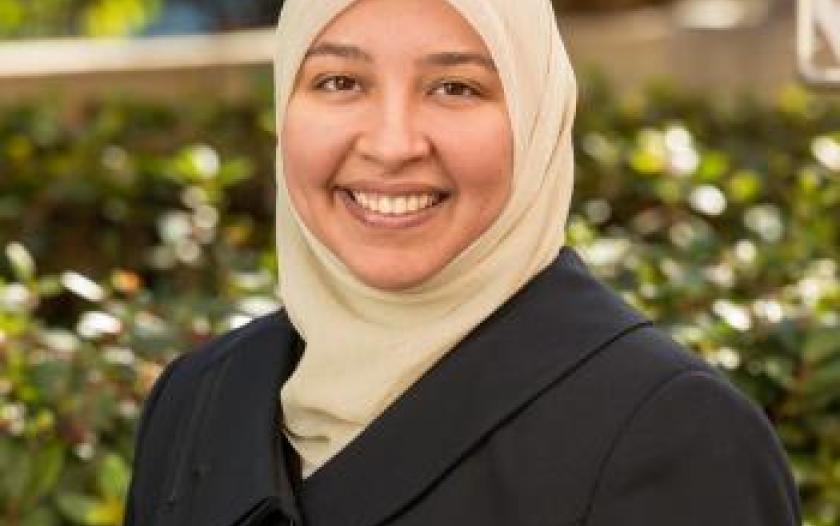
Rania Awaad
Psychiatry, School of Medicine
Suicide-prevention among American Muslims
American Muslims report suicide attempts at higher rates than any other faith group. Muslim communities face a myriad of cultural, economic and social barriers to accessing mental health care. Professor Awaad will partner with community and religious organizations to design and implement religious and culturally congruent and accessible suicide prevention, interventions and post-intervention programs.
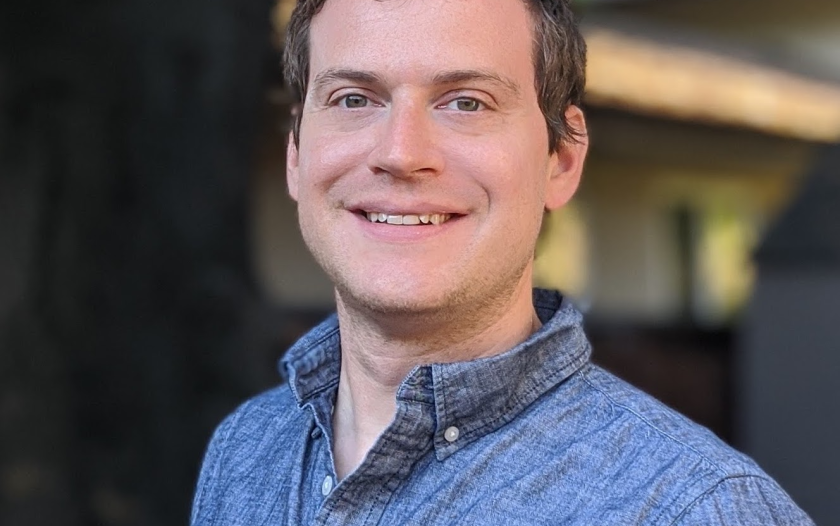
Adam Bonica
Political Science
Electoral reforms to increase voter turnout
We are currently seeing widespread efforts in some states to restrict access to the ballot, alongside renewed efforts in other states to expand ballot access and strengthen voting rights nationwide. There are a range of potential electoral reforms to increase voter turnout, all of which involve tradeoffs and differential outcomes. Professor Bonica aims to help pro-democracy reformers and voting rights activists identify the most effective reforms to push forward by providing easily interpretable, versatile, and on-demand data about how changes to elections laws would likely affect voters in their state.
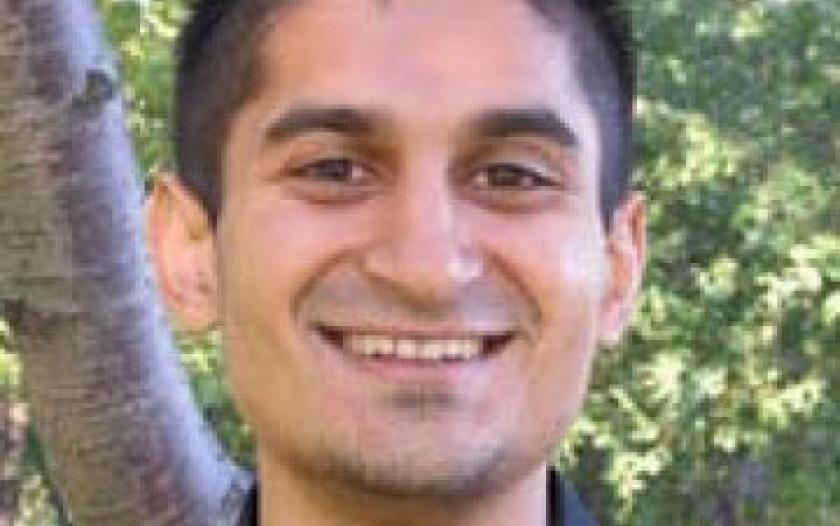
Arun Gautham Chandrasekhar
Economics
Immunization in India
For both childhood immunization and COVID-19, full vaccination rates are low in India. A range of behavioral and structural factors act as barriers to vaccination. Professor Chandrasekhar aims to work with state and local governments, NGOs in the public health space, and medical centers (e.g., hospitals, clinics, biological labs) to help increase vaccination rates amongst children and adults.
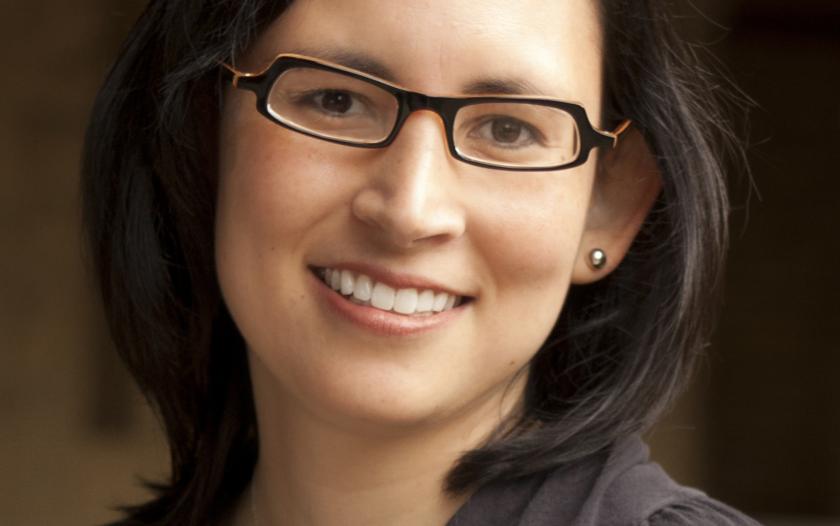
Allison Okamura
Mechanical Engineering, School of Engineering
Stroke recovery in Hispanic and Latinx communities
In 2020, stroke was the leading cause of serious long-term disability in the United States. Hispanic communities have higher stroke incidence rates and worse stroke recovery outcomes than non-Hispanic whites, especially in their prime earning years. From 2005 to 2050, the total cost of stroke is projected to be $313 billion for Hispanics, with the majority coming from lost earnings. Professor Okamura will work with Hispanic and Latinx stroke survivors and medical care providers to design and make accessible low-cost, and culturally-appropriate stroke recovery devices.
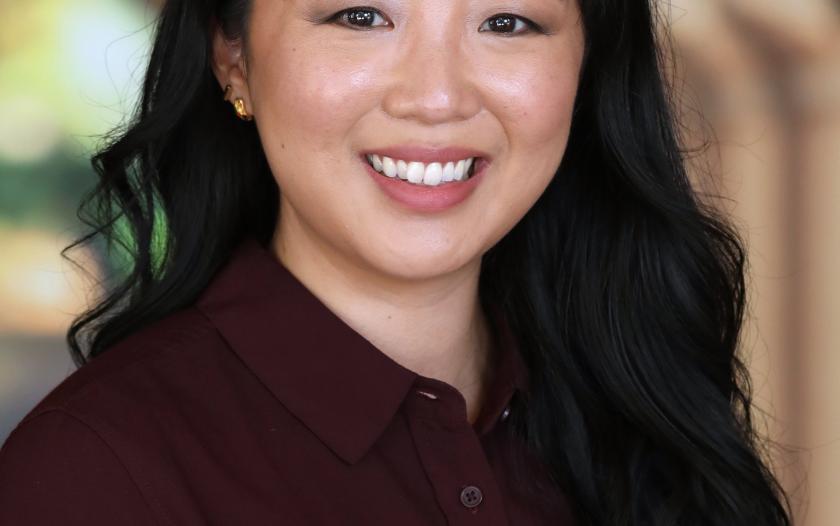
Eujin Park
Graduate School of Education
Asian American history curriculum
Despite robust evidence that culturally relevant, youth-centered curricula can lead to social and academic benefits for youth of color, schools continue to overwhelmingly center Eurocentric perspectives in their educational practices. In light of a slew of state legislation that mandates Asian American history curriculum in states such as Illinois, California, and Connecticut, this project aims to improve Asian American history curriculum in schools by bringing together Asian American youth, community organizations, and K-12 teachers to collaboratively develop a curriculum centered on local community histories.
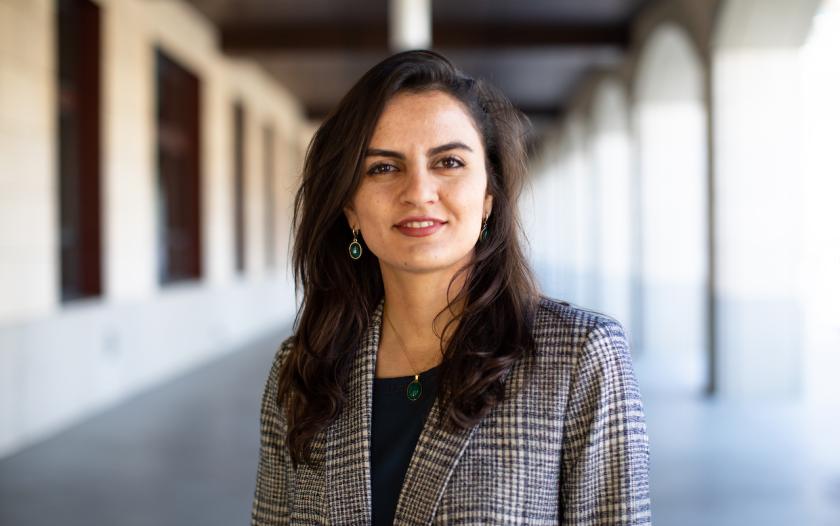
Shima Salehi
Graduate School of Education
Equity and inclusivity in STEM education
STEM students from marginalized groups leave STEM pathways or drop out of college altogether at almost twice the rate of their majority peers. The significant part of this attrition happens in the first two years of college, mainly as marginalized students face disproportionate challenges from inequitable pedagogical and instructional practices in STEM introductory courses. Professor Salehi aims to partner with public and private higher education institutions to develop courses that meet the needs of students with varying levels of preparation for college-level STEM coursework.
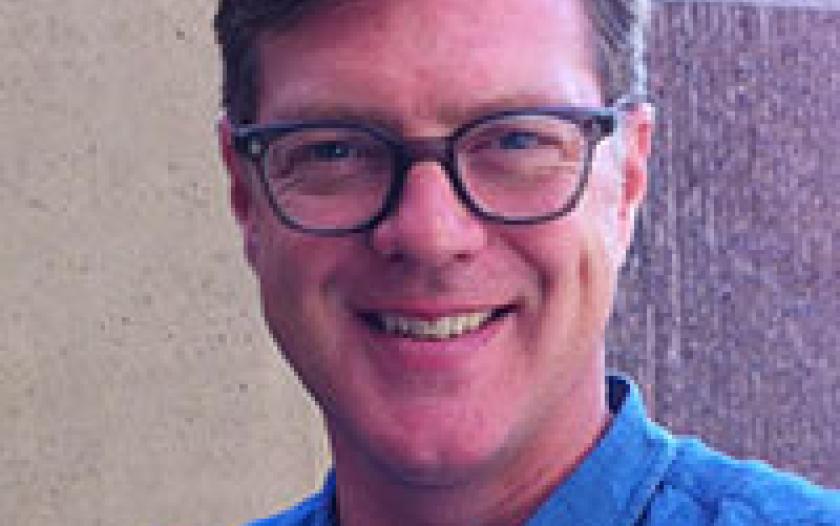
Mitchell Stevens
Graduate School of Education
Education and employment pathways in Silicon Valley
Employed adults who do not possess four-year college degrees have difficulty securing living wages and occupational mobility. Alternative pathways to post-secondary education and meaningful employment are needed. Professor Stevens aims to partner with workforce development agencies, schools, and anchor employers in San Mateo and Santa Clara counties to develop new sequences of adult education and work opportunities.
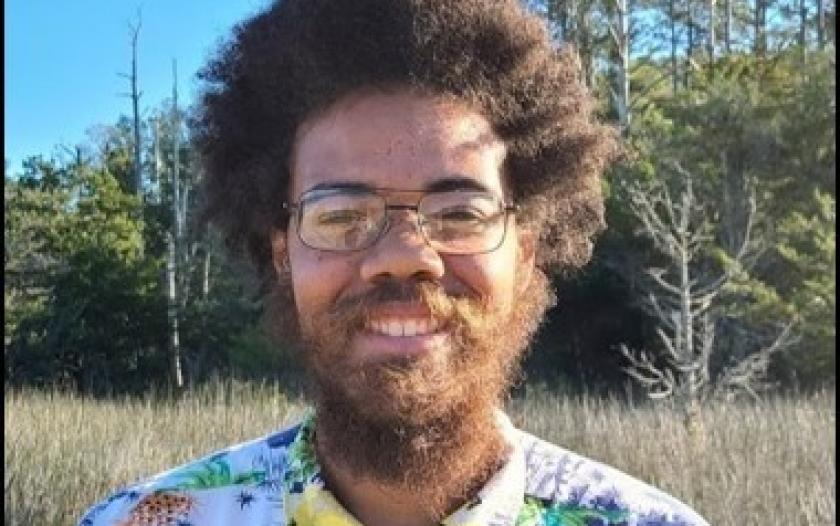
Elliott White Jr.
Earth System Science, Doerr School of Sustainability
Resilience to coastal hazards
Coastal hazards, such as hurricanes, flooding, and sea level rise, will get worse over time due to climate change. Already underserved communities are particularly vulnerable to these hazards and face greater barriers to accessing disaster recovery funding. Professor White plans to work with grassroots and community organizations to identify, prepare, and build resilience within communities that are at the highest risk from coastal hazards.
